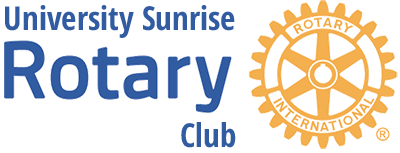
 In the Seattle University Business school, a requirement for completing a degree is a course in Business Ethics. Jeffrey Smith, Chair of Professional Ethics, stated the high objectives of this program. These include fairness, dignity of humanity, values-driven business leaders, social justice, social responsibility, and ethical awareness.
In the Seattle University Business school, a requirement for completing a degree is a course in Business Ethics. Jeffrey Smith, Chair of Professional Ethics, stated the high objectives of this program. These include fairness, dignity of humanity, values-driven business leaders, social justice, social responsibility, and ethical awareness.
The Northwest Ethics Network arose from these standards. Here, individuals concerned with the subject, meet to discuss pertinent questions and ideas.
- The question is posed as to what individual and organizational factors cause otherwise good people to do bad things.
- One is a tendency not to recognize adversely impact ethical standards.
- Another is management systems and their tendency to lose sight of values and principles.
Some barriers to ethical conduct in business:
- Excessive hierarchy, in which decisions from the top do not allow for input from the lower strata.
- Time Pressure. Deadlines can lead some to cut corners.
- Isolation and Separation with poor communication regarding ethical conduct.
- Short term success in place of long term considerations.
- Excessive reliance on routine.
- How are we paying our employees? At time, when compensation depends on performance, principles may be compromised.
W.C. Fields on ethics: “Anything worth having is worth cheating for.”
